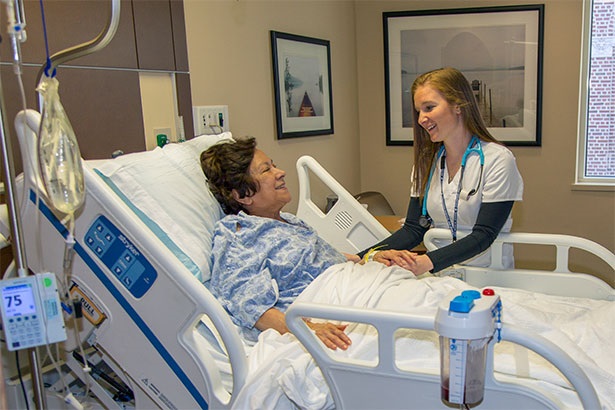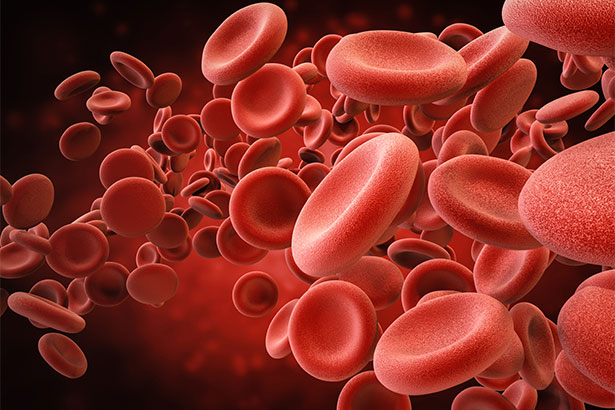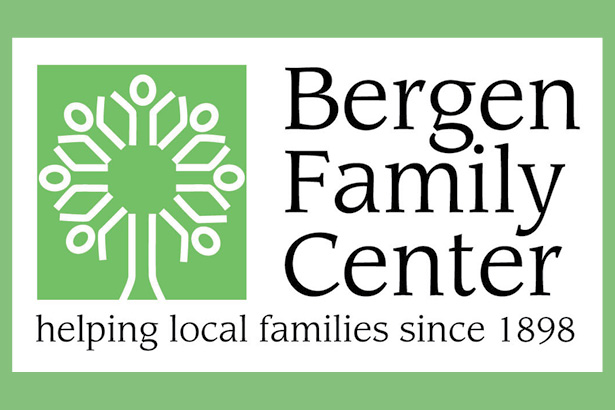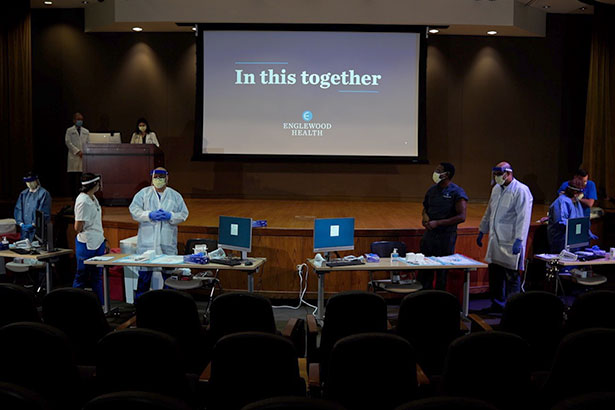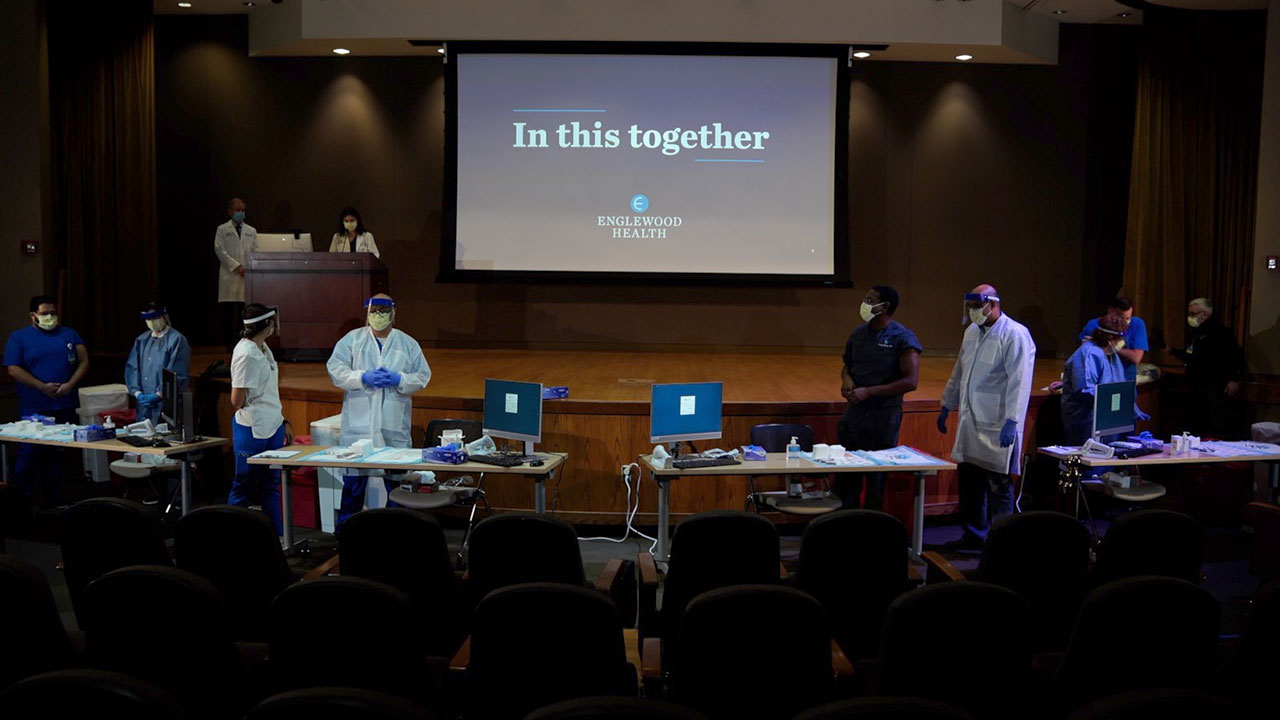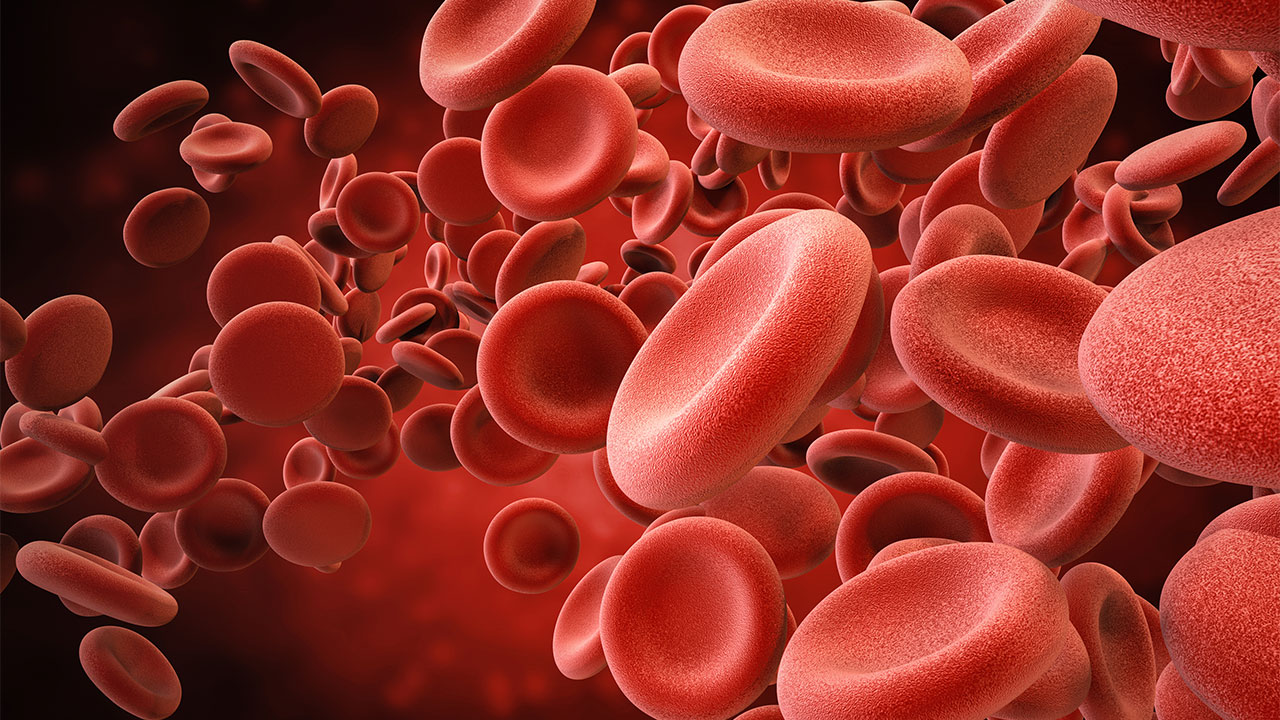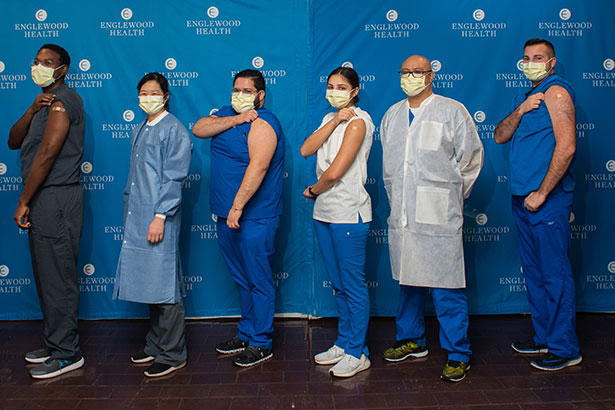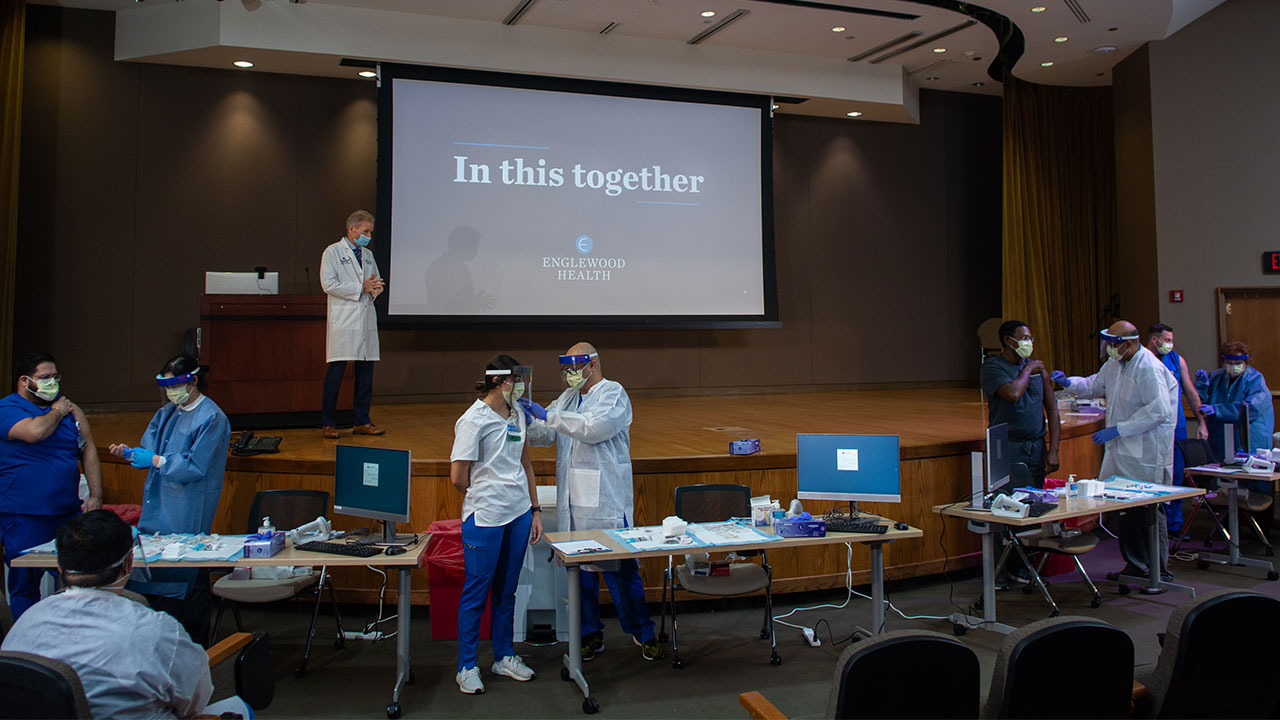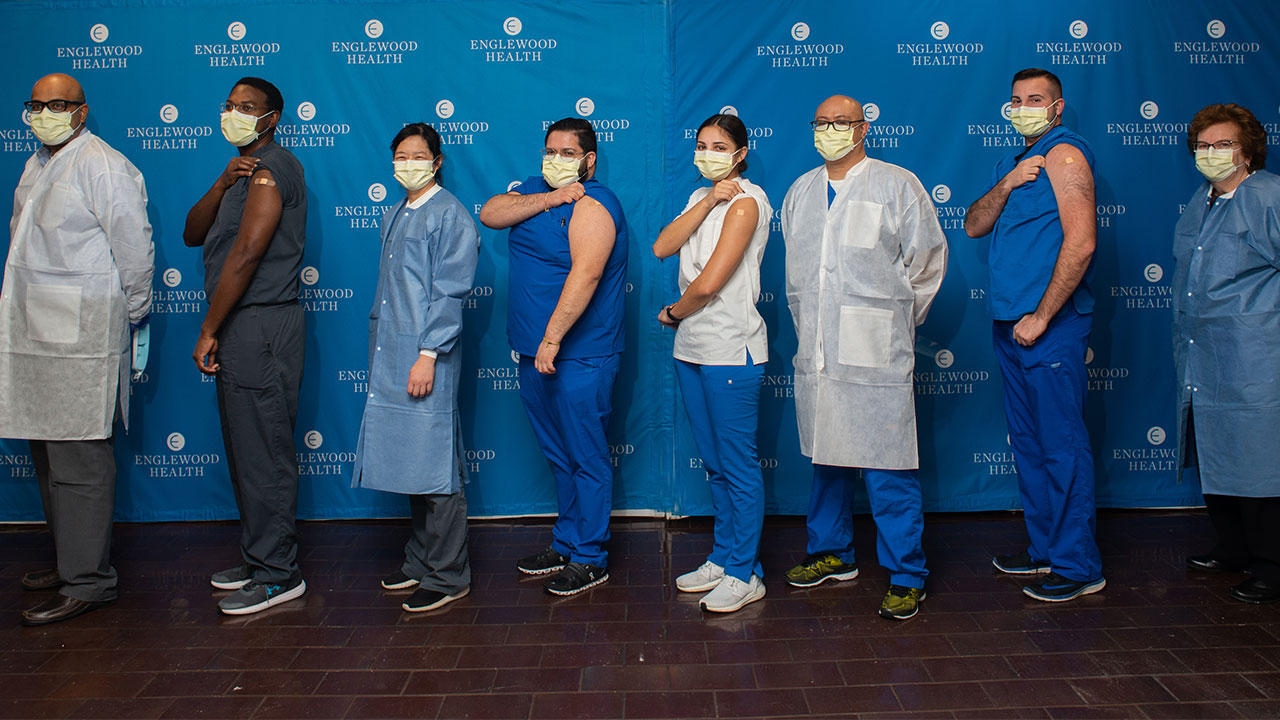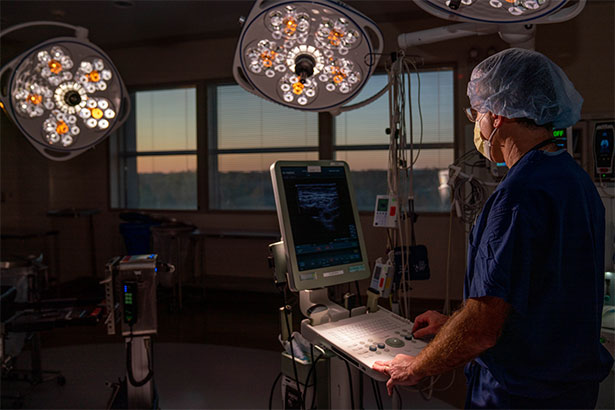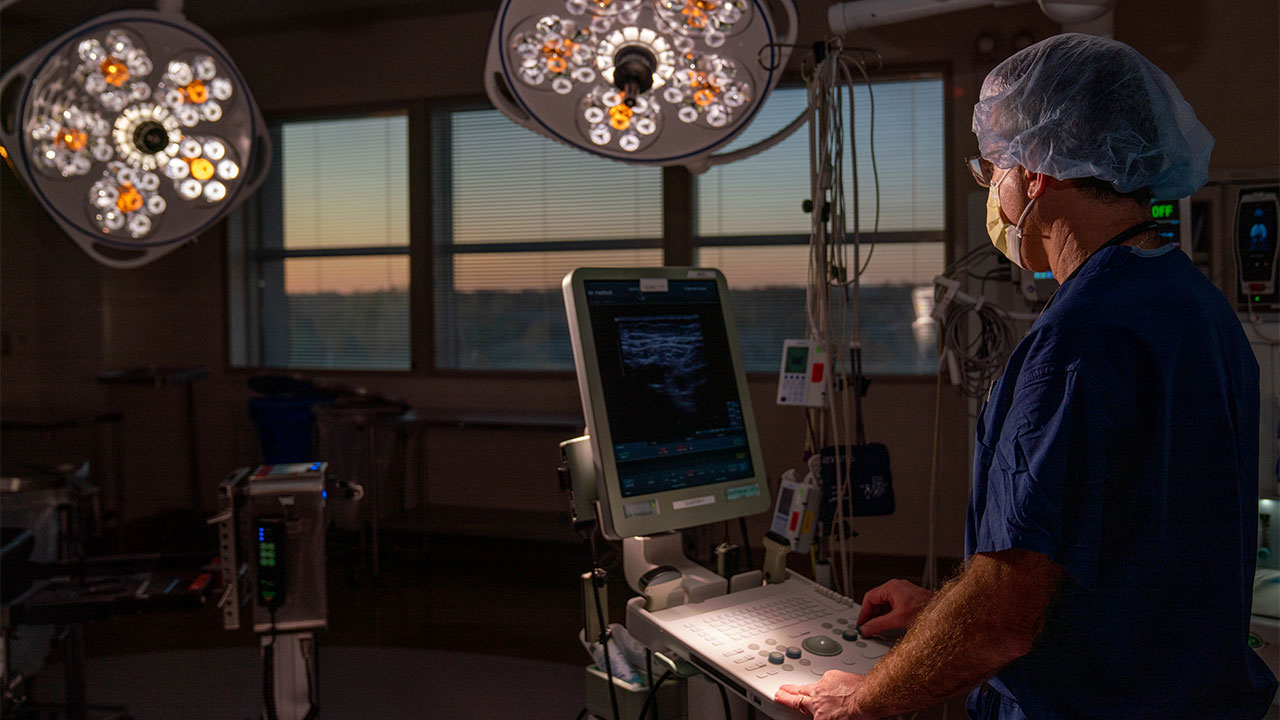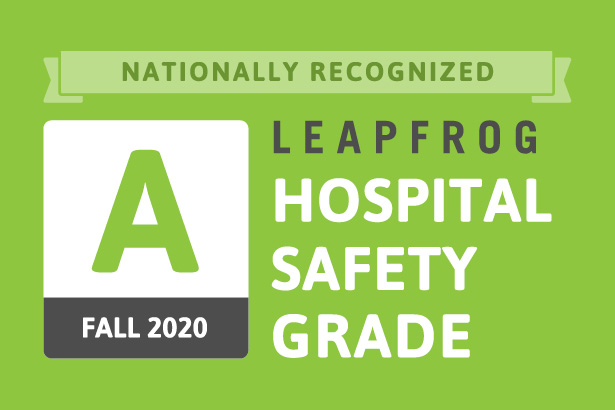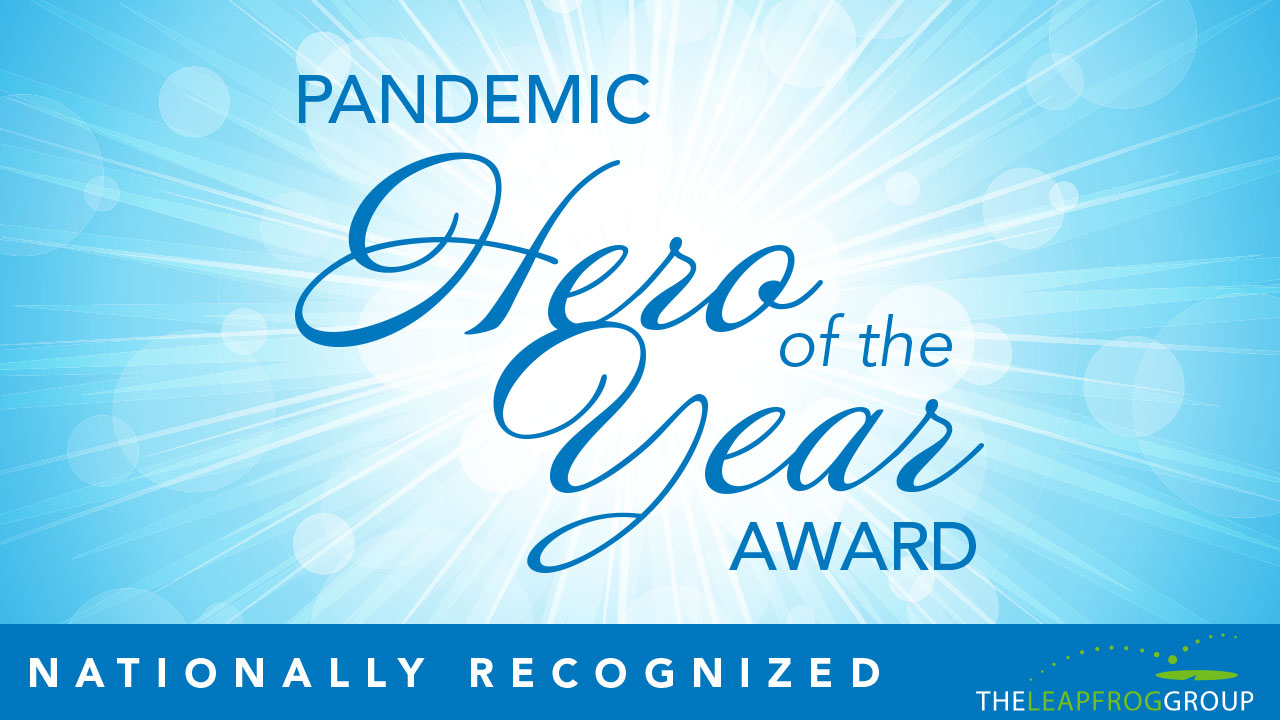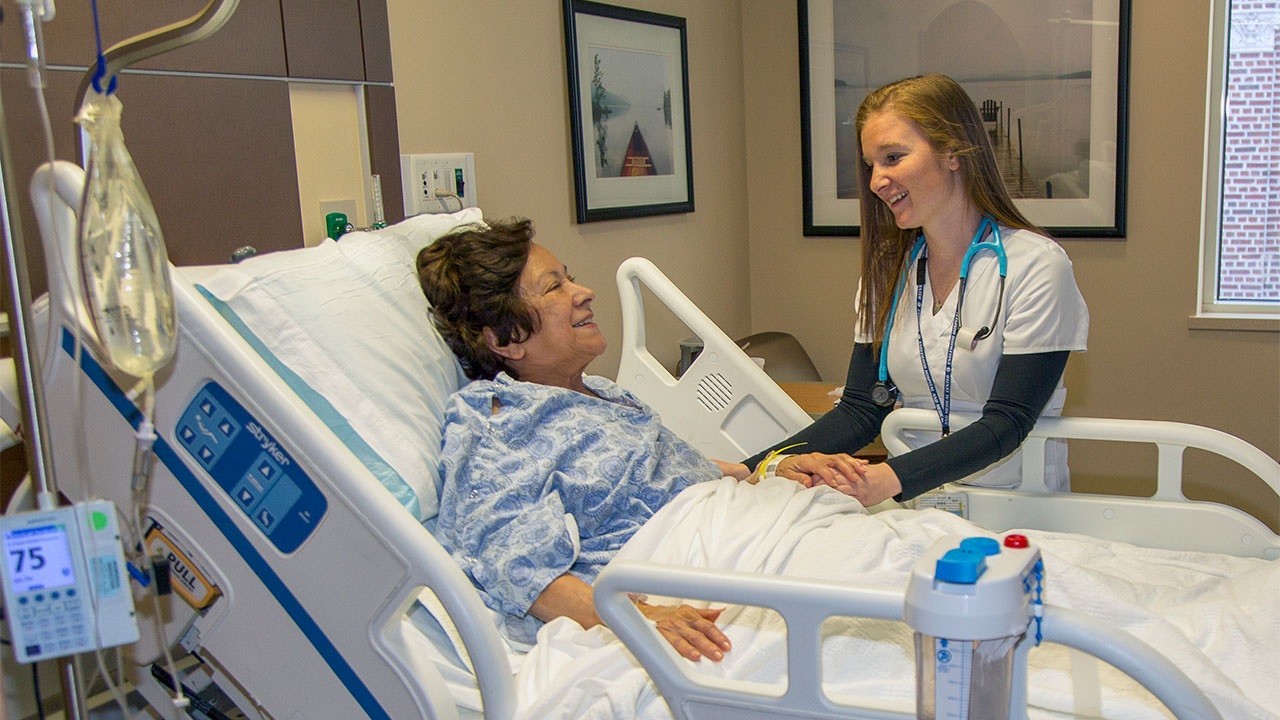
Better health outcomes result not only from personalized medicine. Patient advocacy and education, often implemented by nursing staff, have also been shown to provide multiple benefits, from decreased patient pain scores to greater postsurgical satisfaction (Health Expect 2018; 21[1]: 57‑63; Spine J 2019;19[5]:840-845).
Englewood Health’s Spine Center prioritizes patient comfort as a way to ensure both patient satisfaction and optimal outcomes. The nurses at the Spine Center rely on training, compassion, and depth of experience to provide continuity of care with the utmost professionalism, from the preoperative stage all the way up to three months after surgery.
“I’ll never ask, ‘How is your pain? Does your pump work properly?’ I’ll ask a patient to hand me something that I can’t reach. That way, I examine their functional mobility and recovery without heightening any anxiety.”
Wen-Chiao Peng, APN
“I always try to speak to patients as if I’m talking to family or a close friend,” said Wen-Chiao Peng, APN, who practices in the neurology and neuro-spine units at the Spine Center. Peng, who has worked at Englewood Health for 18 years, uses the preoperative period to forge a connection with her patients so they will open up to her about their concerns and so she can gauge their anxiety. This preoperative period also provides an opportunity to arrange physical therapy and visiting nurse services for postoperative recovery.
“We make sure to empower patients with knowledge so they can feel comfortable and know we will make the right decisions together,” Peng said. “When patients feel at ease and have a sense of responsibility, it makes outcomes better.”
In her initial consultations, Peng explains the virtues of neuro-spine surgery at Englewood Health, offering patients the opportunity to talk to former patients who have undergone similar procedures; notes the latest technology used to improve outcomes and mitigate complication rates; and addresses the many concerns patients may have developed through their own internet research of worst-case scenarios. This patient education can be especially important, as studies have shown large gaps in patients’ health literacy in low back pain management and other spine conditions, which can affect how patients prepare for surgery (Spine J 2018;18[2]:370-376; Orthop Nurs 2019;38[4]:253-261).
“For spine surgery, sometimes it’s just about letting the patient know that advanced technology will monitor their nerves and alert the surgeon if they are too close to the nerve,” Peng said. The Spine Center provides every patient with a comprehensive book on what to expect before, during, and after surgery. Peng and her colleagues encourage patients to pepper them with any questions that
may arise after reading the guide.
Patient Advocacy Plays a Crucial Role
“Sometimes patients can be overwhelmed, so we prioritize bringing family members into the fold and making sure we’re always available to answer their questions as well,” said Colleen Wojna, RN, who works in the ortho-spine and joint replacement units at Englewood Health. A proud graduate of Englewood’s nursing school, Wojna has spent her entire career at Englewood, honing her skills as a patient advocate.
As a patient advocate, a nurse navigator, and a care coordinator, Wojna introduces herself to all of the patients who come in preoperatively for the “Joint University” class taught by her colleague, Marie Sarubbi, APN, ONP-C, who coordinates nursing care for the orthospine unit.
Wojna disseminates her contact information so patients and family members can contact her anytime with any questions and concerns. She provides patients with answers, and on those rare occasions she doesn’t know an answer, she finds it.
Not only does she offer emotionally supportive care, but she also arranges appointments, secures referrals, and facilitates medical clearances.
“Being available to provide reassurance for the patients and their families is vital to making them comfortable in our hands,” Wojna said. “Equally important is serving as their medical liaison and booking appointments to take as much off their plate as possible, like paperwork and phone calls. That’s not what any patient should worry about in an anxious time.”
The preoperative relationship paves the way for a patient’s successful journey and decreases readmission rates, which is why its importance is stressed by nurses.
“My role increases patient and family satisfaction and decreases anxiety,” Wojna added.
During the preoperative stage, Wojna completes a functional, frailty, and pain assessment of the patient. She also makes sure the patient’s discharge plan is in place and the home environment is ready with whatever they will need, such as walkers and commodes. She ensures that a complete physical therapy program is in place, that the patient understands their pain management plan, and that a visiting nurse and visiting physical therapist are regularly scheduled.
“We go to great lengths to reassure patients that we have a great team collaborating to make sure every part of their care plan is taken care of,” Wojna said.
After surgery, Peng keeps patients comfortable through humor and casual conversation while performing a physical examination. Through experience and empathy, she has learned to engage patients in conversations that will solicit responses about their recovery.
“I’ll ask, ‘How was your last night here? Were you able to sleep well?’ I’ll never ask, ‘How is your pain? Does your pump work properly?’ I’ll ask a patient to hand me something that I can’t reach. That way, I examine their functional mobility and recovery without heightening any anxiety,” Peng said.
On the joint replacement side, the continuity of care goes on postoperatively as Wojna checks on patients, answers lingering questions, and explores ways to help them further. After discharge, Wojna monitors the patient for up to 90 days, maintaining a relationship with the patient and family. She confirms patients’ post-op checkups, monitors progress in reaching their recovery goals, and arranges for any appointments or additional equipment they may need.
“The continuity of care from pre-op to well after they have been discharged means we are a one-stop shop for patients,” Wojna said. “They can call their one contact to address all of their needs and rely on our team to help resolve their issues. We consistently receive overwhelmingly positive feedback from patients, so our process must be working.”
Posted on January 6, 2021

